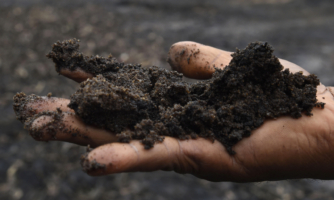
Renewed violence in Sudan illustrated the immense suffering of civilians caught up in armed conflicts across the region, and the utter disregard by parties to conflicts for international humanitarian law. Reports of mass civilian casualties were frequent and shocking, particularly given the scale of targeted and indiscriminate attacks. Sexual violence remained a feature of armed conflict.
Criticizing governments remained dangerous in many African countries. Brutal crackdowns against those who protested government excesses, failures, or allegations of corruption, were pervasive and particularly targeted journalists, human rights defenders, activists and opposition leaders and members. The killings of prominent human rights defender Thulani Maseko in Eswatini and journalist Martinez Zogo in Cameroon, and the death in suspicious circumstances of Rwandese investigative journalist John Williams Ntwali, in one week in January, was a dark moment for the human rights movement.
Combined factors, including inflation, corruption, climate change and conflict, created unbearable living conditions. Millions of people lacked access to basic economic and social rights. Many countries were disproportionately affected by high food price inflation, and food insecurity reached staggering levels.
Incessant armed conflicts and extreme weather events displaced millions of people from their homes, and yet authorities in several countries flouted their obligations to provide protection to refugees and asylum seekers.
Gender-based discrimination and violence against women and girls remained entrenched, while homophobic attacks and clampdowns on LGBTI peoples’ rights escalated across the region.
African governments remained largely indifferent to calls for them to tackle impunity, thereby allowing it to flourish, and fuelling the cycle of violations and abuses, and the disregard for the rule of law. Many governments undermined justice and accountability initiatives or openly frustrated international scrutiny of their human rights records.
Read MoreAddress: Point E - Immeuble Malaado Plazza, 6ème Etage P.O. Box 47582 - Dakar, SENEGAL
+221 33 869 30 03
Office: Riverside Studios Riverside Lane, Off Riverside Drive Nairobi, Kenya Mailing: PO Box 1527 00606 Sarit Centre Nairobi, Kenya
+254 20 4283000
3 Glenhove Street Rosebank 2196 - JOHANNESBURG
+27 (0) 11 283 6000